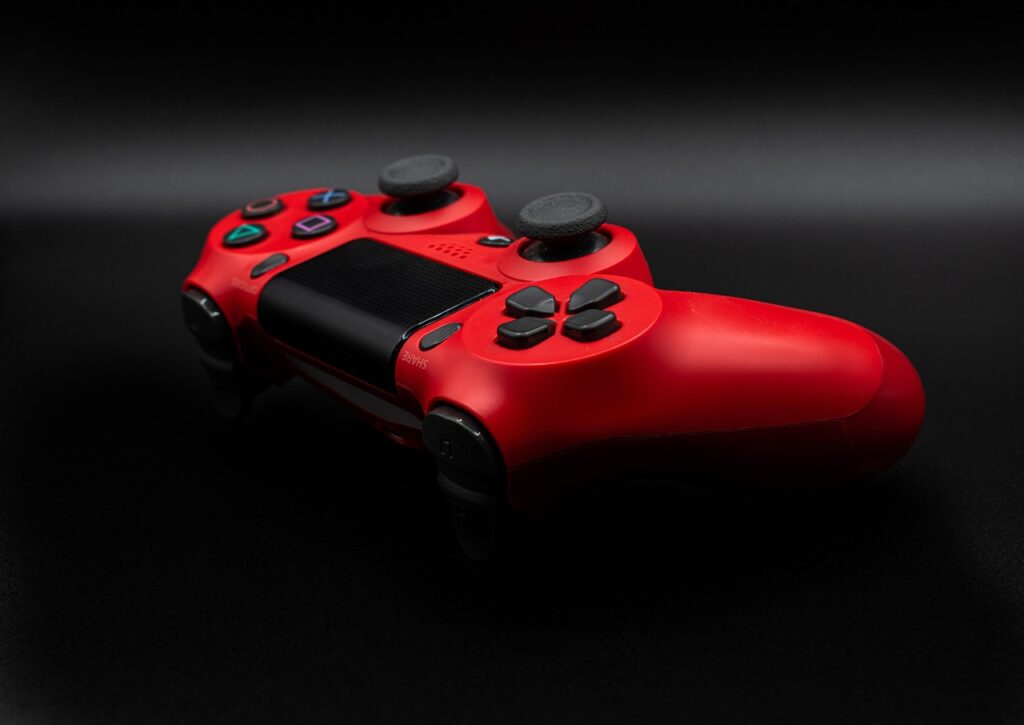Sony will raise the price of the PlayStation 5 in the United States by about $50 starting Thursday. The Japanese tech giant faces rising costs and a slowdown in the global gaming market.
Sony executive Isabelle Tomatis explained in a blog post that the company is dealing with a “challenging economic environment.” All three console models will be affected. The Pro version will now retail for $749.99.
Tariffs drive consumer costs higher
The decision follows tariffs imposed by President Donald Trump on several major trading partners, including Japan. These measures have fueled concerns about growing expenses for consumers. Tomatis said: “We made the difficult decision to increase the recommended retail price for PlayStation 5 consoles in the US starting August 21.” The standard edition will now sell for $499.99.
Sony confirmed that accessory prices remain unchanged and ruled out further increases in other regions for the time being.
Import taxes squeeze the industry
Importers of Japanese products currently face a 15% tariff in the US. Earlier this year, Sony already raised PlayStation prices in Europe and the UK, citing inflation and volatile exchange rates.
Competitors also increased their prices. Nintendo lifted the cost of its original Switch console. Games such as Mario Kart World now sell for as much as £75, sparking frustration among players. Microsoft followed with higher prices for Xbox consoles and accessories in multiple markets.
Multinationals adjust to tariff impact
Several global corporations have issued warnings about tariffs in recent months. US retailer Home Depot said this week that import taxes could raise prices on some products. Finance chief Richard McPhail told the Wall Street Journal: “Tariff rates today are much higher than they were last quarter. That will lead to modest increases in some categories, though not across the board.”
In July, Adidas revealed that tariffs would add €200 million to its costs and confirmed price increases for US buyers. Nike raised the cost of some shoes and clothing in May and later estimated that tariffs could add about $1 billion to its expenses.



